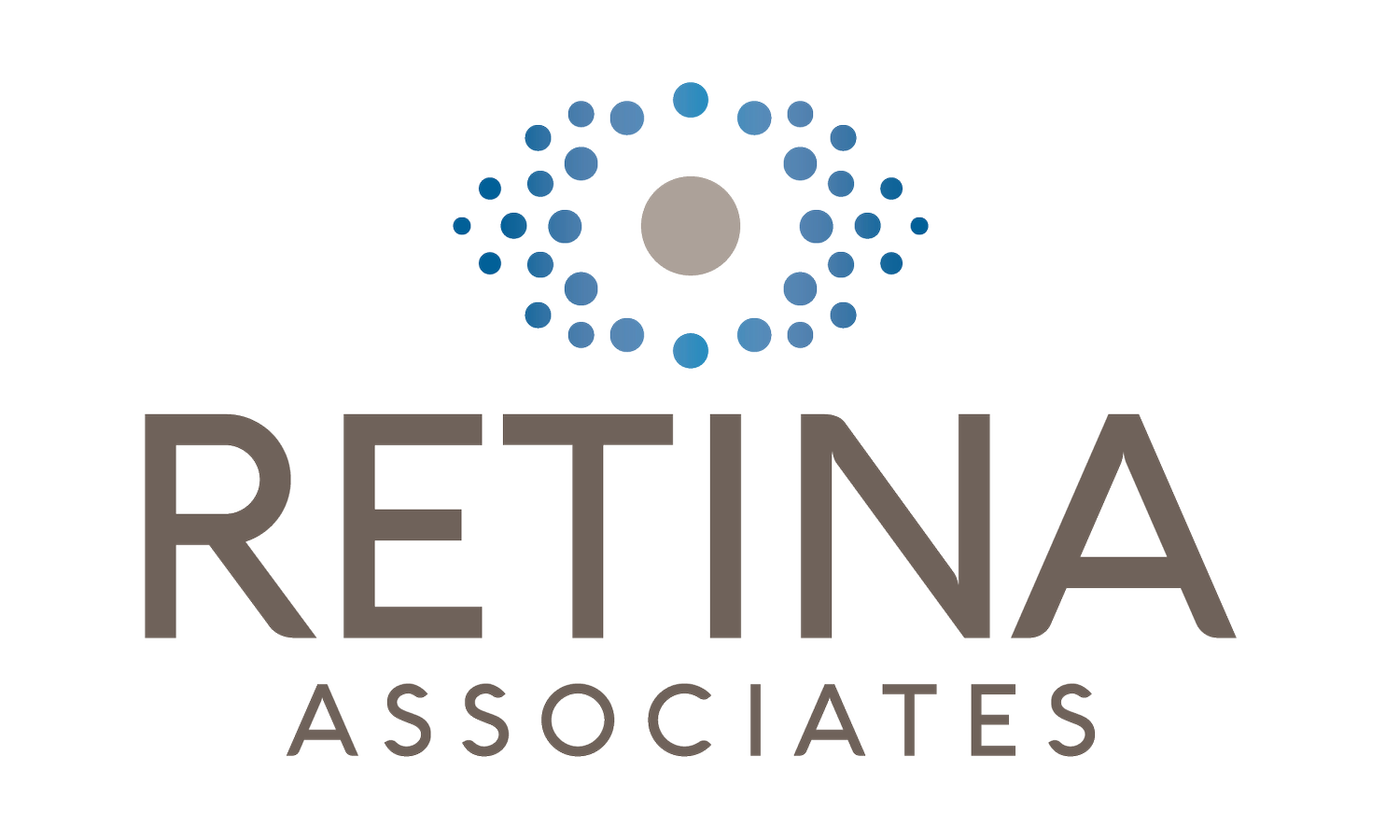Artificial Intelligence in Ophthalmology: Revolutionizing Eye Care
Welcome back! We're excited to bring you another insightful post. This year, artificial intelligence (AI) has emerged as a game-changer, not just in technology but specifically in the realm of eye care. AI is transforming how we diagnose and treat eye diseases, fundamentally revolutionizing patient care in the process. Staying informed about these advancements is crucial for anyone interested in eye health and the future of medical technology. Join us as we explore how AI is shaping the future of ophthalmology!
AI-Powered Image Analysis
One of the standout applications of AI in ophthalmology is its ability to analyze images with remarkable precision. AI algorithms can meticulously assess retinal images, optical coherence tomography (OCT) scans, and other visual data to identify subtle signs of eye diseases that may elude traditional examination methods. For instance, AI can detect microaneurysms in diabetic retinopathy or early changes in the optic nerve indicative of glaucoma. This capability leads to earlier diagnoses and more effective treatment options, ultimately preserving vision and enhancing patient outcomes.
AI-Assisted Surgery
AI is also transforming surgical practices within ophthalmology. Robotic surgical systems, guided by advanced AI algorithms, can enhance the precision of complex procedures such as cataract and glaucoma surgeries. By analyzing real-time data and providing predictive analytics, these systems assist surgeons in planning and executing operations with greater accuracy. This not only improves surgical outcomes but also reduces recovery times, allowing patients to return to their daily lives more quickly.
AI-Driven Teleophthalmology
Teleophthalmology is becoming increasingly prevalent, particularly in underserved areas where access to eye care is limited. AI enhances this practice by automating essential tasks like image analysis and patient triage. This allows healthcare providers to focus more on delivering care and less on administrative duties. Furthermore, AI-driven platforms can facilitate remote consultations, expanding access to eye care services and improving efficiency in healthcare systems. This is especially crucial in rural areas where specialist eye care may not be readily available.
Personalized Treatment Plans
AI’s capacity to analyze vast datasets allows ophthalmologists to develop highly personalized treatment plans for their patients. By recognizing patterns and correlations within patient data, AI can help tailor therapies based on individual risk factors, genetic predispositions, and specific health conditions. For example, AI can suggest the most effective management strategies for patients with diabetic retinopathy by taking into account their medical history and current treatment responses.
Future Directions
As we look to the future, the possibilities for AI in ophthalmology are truly exciting:
AI-Powered Wearable Devices: Imagine wearable technology that continuously monitors eye health, alerting users to potential issues before they become serious.
AI-Driven Drug Discovery: Accelerating the development of new pharmacological treatments could greatly enhance the options available for managing eye diseases.
AI-Assisted Rehabilitation: Innovative AI solutions may revolutionize rehabilitation programs for patients with vision loss, using personalized approaches to help them regain independence.
Contact Us
If you have questions about how AI is impacting eye care or concerns about your vision, don’t hesitate to reach out. Our team is dedicated to providing personalized care that meets your needs. You can call us at 540-722-3500.
Stay connected with us on social media for the latest insights into maintaining healthy vision. You can find us on Facebook, Instagram, and LinkedIn.
We’re here to help you achieve the best possible vision and well-being!
Disclaimer: This post is for informational purposes only and is not a substitute for professional medical advice. Always consult with a qualified healthcare provider regarding your specific health needs. If you are experiencing a medical emergency, please call 911 or visit the nearest emergency room immediately.
